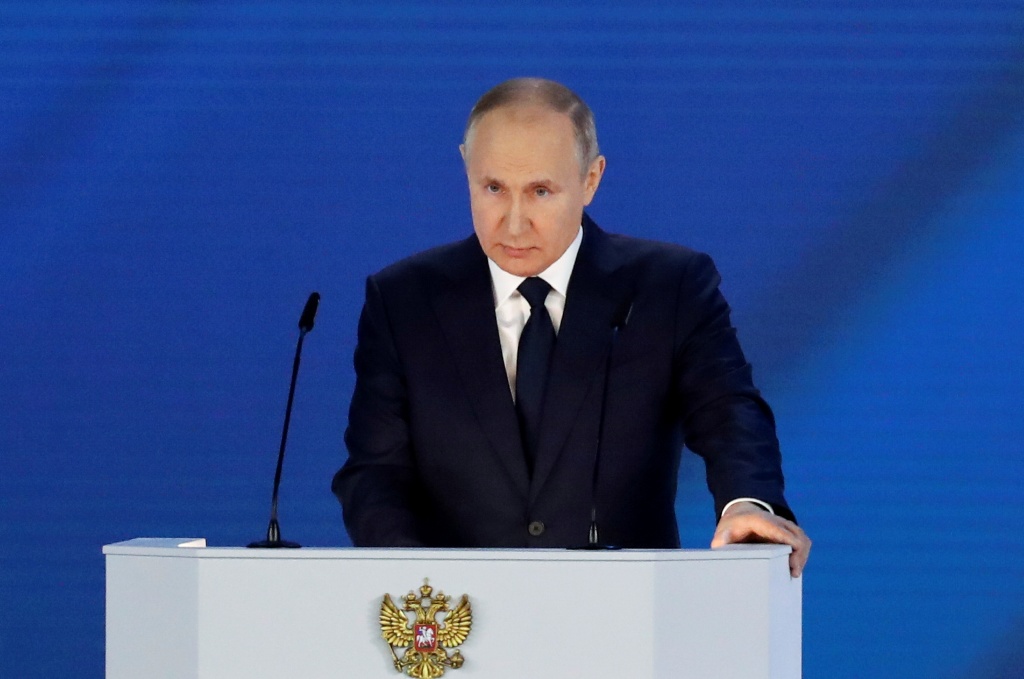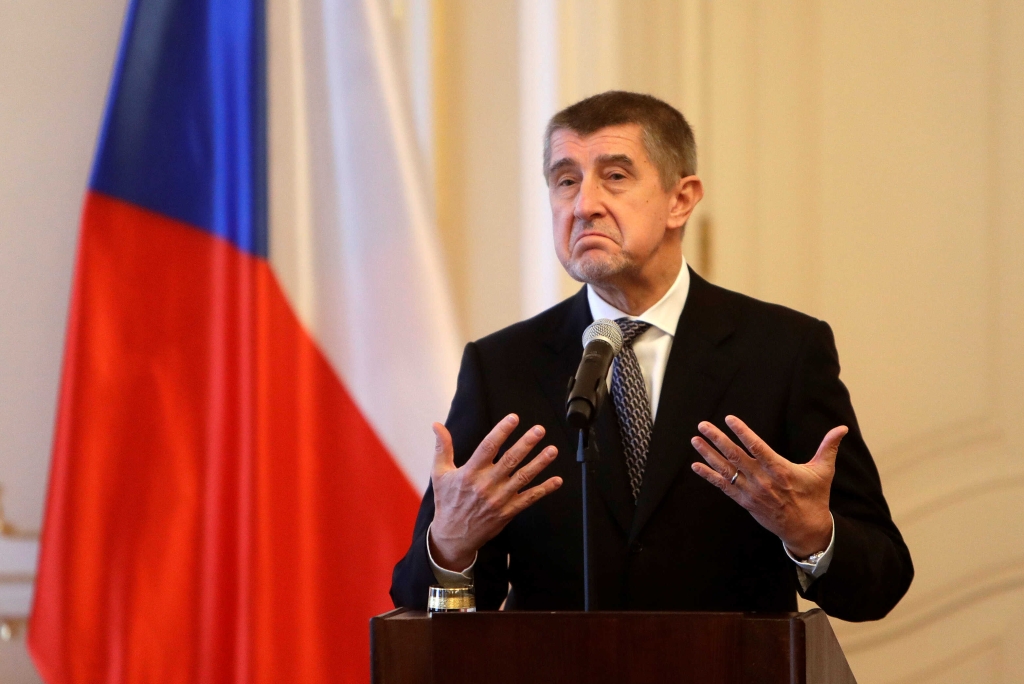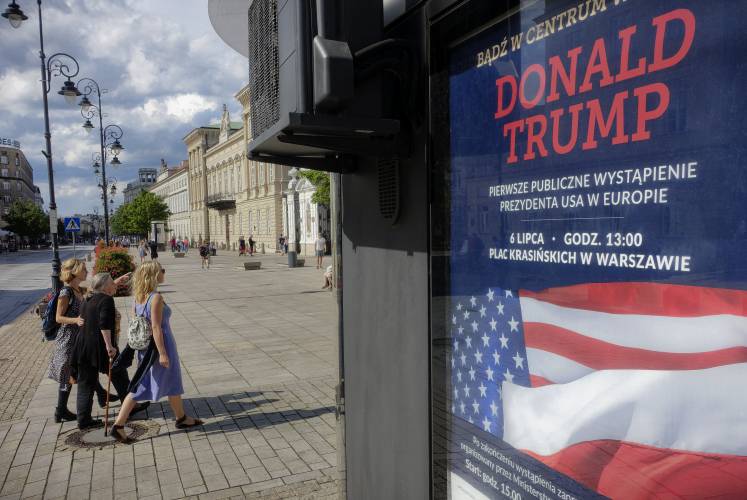
Russian President Vladimir Putin gave his state of the nation speech today under a cloud of international tensions, domestic unrest, and a growing suspicion among many in the West that it will only be a matter of time before he moves on Ukraine. Diplomats, defense and geopolitical analysists across the world tuned in for the speech in the hopes of discovering a hint about the Russian leader’s plans and intentions. Putin left a trail of breadcrumbs, although probably not in the amount of detail that most were expecting. He spoke in broad terms, as is generally the case with this type of speech. However, his words and tone left ample leeway for audiences to read between the lines, so to speak.
Putin warned the West explicitly not to cross Russia’s ‘red lines,’ promising a swift and strong response to any provocations and assuring the responsible nation-state would regret it. He went on to explain that Russia will determine where the red lines lay, comparing Russia’s present situation to a tiger surrounded by hyenas. Blunt, powerful words, even for a Russian leader. The image he portrayed will resonate well with nationalists, who have been watching NATO encroachment moving closer to Russian borders for decades now. Putin went on to say that Russia wants good relations with all nations, but constant attempts by the West to single out Russia for punishment have undermined the effort. This was certainly a swipe at the United States and the Biden administration’s recent application of sanctions on a select number of Russian officials and businessmen, as well as the Czech Republic’s accusations of Russian involvement in a 2014 ammunition depot explosion in that nation.
Belarus was a topic brought up in the speech. Putin tied the application of ‘unjust’ sanctions to a 17 April coup attempt there. On that date, Belarussian authorities claim to have stopped a US-backed plot to assassinate Belarussian leader Alexander Lukashenko and kidnap his children. Mind you, this story has received little news coverage in the West, but it could prove to be significant down the line with regards to the Belarussian role in Russia’s plans for Ukraine and beyond.



